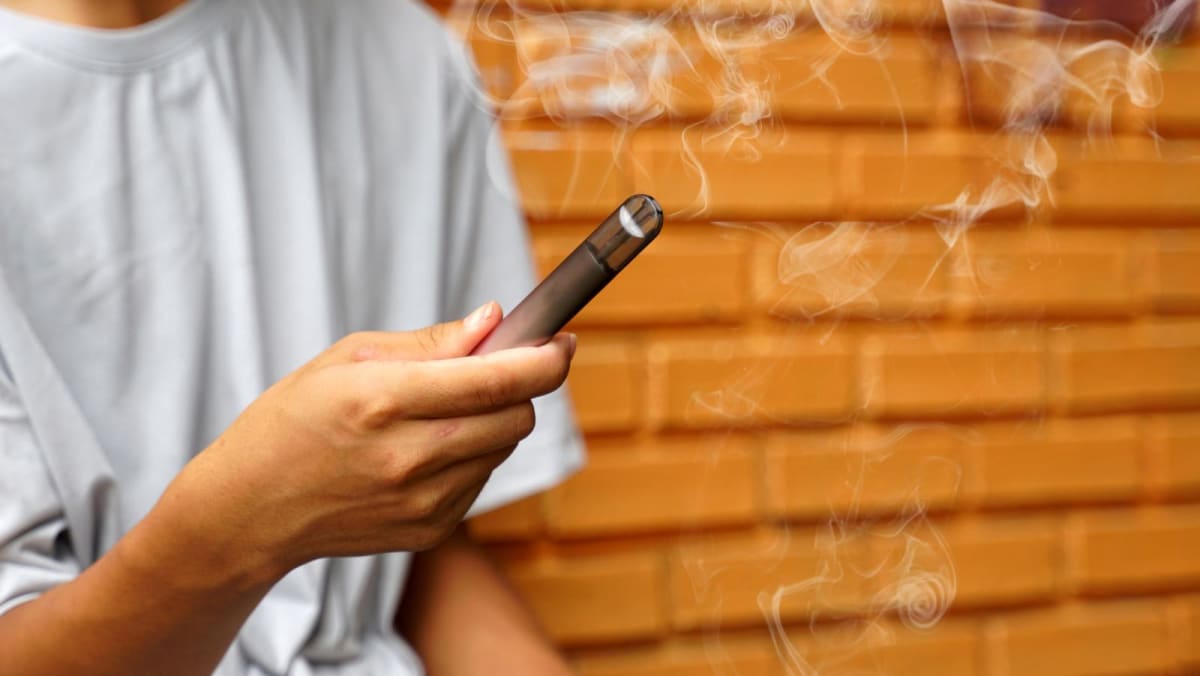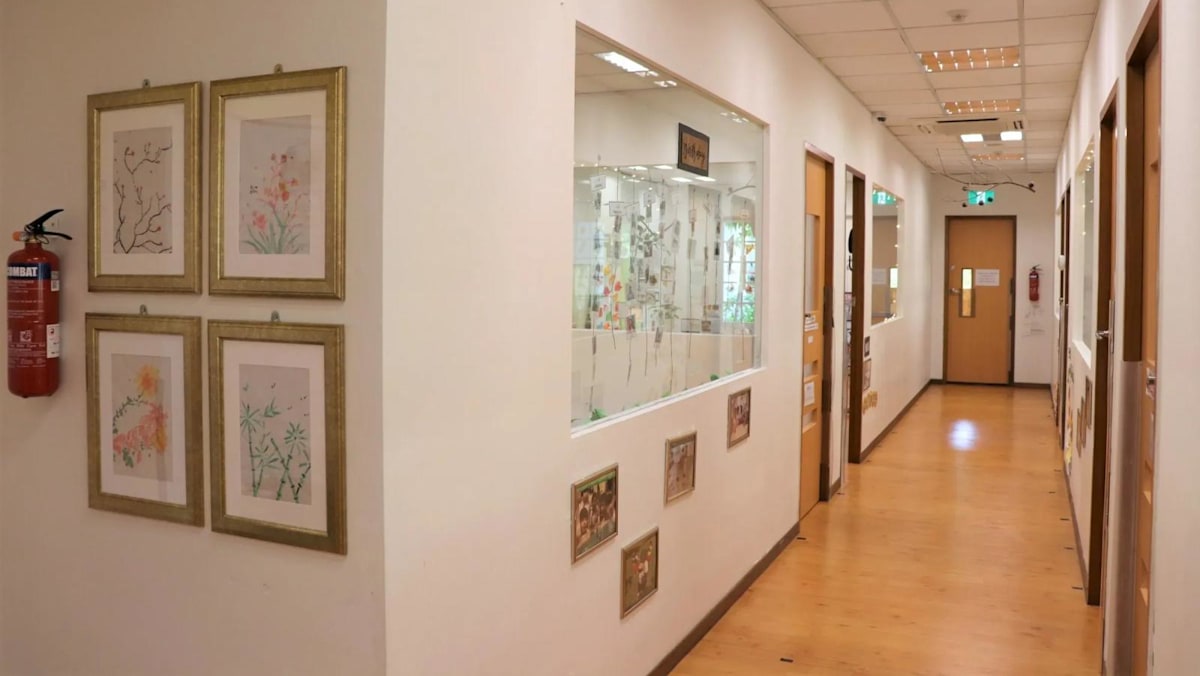Assistant Professor Yvette van der Eijk of the NUS Saw Swee Hock School of Public Health said more emphasis needs to be put on supporting youths who are struggling and need help kicking their vaping addiction.
“Certainly, penalties will deter some youths, but not all of them,” she said, adding that people may continue to vape out of defiance or because they are dealing with deeper issues with their mental health.
Safe pathways – such as the “Bin the Vape” initiative – should be a mainstay of Singapore’s vaping prevention strategy, she added.
“That way, those youths who are addicted to vaping, especially to Kpods, would feel safer in coming forward to seek help,” she said.
HAVE MEASURES BEEN EFFECTIVE?
With recent scrutiny on vaping, students CNA spoke to have observed fewer people vaping openly on campus.
AK, 25, said he knows of two or three acquaintances who have stopped vaping – although they continue to smoke cigarettes.
Increased bag checks as part of NTU’s efforts to clamp down on vaping are a “good first step”, he said. But he pointed out that students may still find ways to hide their vapes.
A second-year business student from SMU, who wanted to be referred to as Manuel, said he stopped vaping since the authorities announced that tighter enforcement would kick in. He used to vape socially in drinking settings, about once or twice a month.
He is not aware of his school’s policies on vaping, but feels that the “Bin the Vape” initiative is a step in the right direction.
Still, education might be a more effective approach.
“If people wanted to (quit vaping), they could just throw it in (any) bin, right?” he said. “I think, more importantly, if they really want to eradicate it, it needs to start from young.”
KL, a final-year student from NTU who quit vaping last September, said the school’s crackdown on vaping feels “sudden”. A better approach might be to ease the transition to punitive measures, she said.
People may already be addicted to vaping, she said. “So for them to go from vaping one day to (not) vaping the next day would be quite hard.”
The 22-year-old, who had picked up vaping in secondary four, said she and some peers feel sceptical about certain anti-vaping initiatives, such as vape bins. She questioned whether those who give up their vapes can truly remain anonymous and will not be penalised.
“At the end of the day, we are just students, and members of staff, or even like authorities in general, are kind of like strangers to us. So it’s very hard to just, you know, seek help and support,” she said.
Mr Wong, a fifth-year student from SUSS who declined to share his full name, said that more support could come from fellow students instead of professors.
He has observed that student clubs are where many students spend their time, he said.
“So I think the school should probably collaborate more with those student clubs to be able to reach a wider student audience.”














